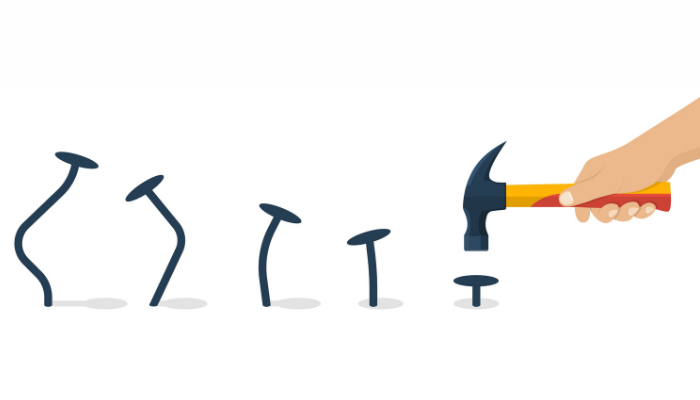The Importance of Measuring Skills in Professional Development
Measuring skills of employees provides a clear and direct estimate of how task outcomes shape up. Quantifying and tracking numbers makes it possible to have a bird’s eye view of a project, or even several projects at once. For strategic planning, workforce management, and refining long-term organizational HR processes, measuring skills, and reverse-engineering job roles with this knowledge bank is at the very basis. Among managers with an eye on the future, measuring skills also allows planning for learning and development by identifying the skills gaps.
The Difference Between Theoretical Knowledge and Practical Expertise
In discerning leaders, the distinction between having the know-how required to do a task well and possessing theoretical knowledge on the subject is quite clear. Professionals of the latter kind may do well in an exam, but the former kind produce better outcomes for their employer. Measuring skills puts numbers on the pragmatic side of skills – the side that produces results.
The Role of Modern Learning Platforms in Skills Measurement
Keeping this in mind, modern learning platforms offer both numerical and descriptive assessments. Acquiring skills, updating knowledge in specific disciplines, and keeping up with skills acquisition in parallel to one’s job is a requirement for nearly all professionals. A host of in-demand skills can be picked up from LinkedIn Learning, edX courses, Udacity, and Udemy. These American portals for talent development and excellence offer certification in soft skills, niche courses, and MOOCs in creative or technical fields. Dexler, Zeus Learning, and Simplilearn are their Indian counterparts. They facilitate short-term, needs-based learning for professionals who are constantly measuring skills in the workplace and updating them according to trends.
Related Reads
Measuring Skills for Effective Team Development
From the point of view of team leaders, a close watch over the skills developed or improved as a result of a course or certification is the need of the hour. The mindset of HR and L&D traditionalists and generalists would be that modules of training are offered and finished by the intended teams. It’s time now to swap out this thought-process and subjugate it for task-oriented, skill-centered learning. This latter type of training targets measuring skills, existing ones as well as those the individual has the potential to grasp. It also flags the experts in a given area.
The Role of Managers in Facilitating Skill Development
This way, managers focused on plugging skills gaps can facilitate buddy-learning models which are great for accountability as well as on-the-job learning. In the larger scheme of things, such models allow 360-degree feedback on each individual’s learning propensity, readiness to learn, and ultimately, the feasibility for vertical growth or horizontal movement across the hierarchy. This is a recipe that makes possible greater retention and professional growth for employees. Timely employee engagement surveys can attest to the effectiveness of these progressive organizational HR processes.
The Role of Top Management in Shaping Skill Development
To create a favorable climate for the right kind of assessments and learning modules, the top management needs to be viewing the right metrics. For business organizations, the cynosure has moved to task-based skill-sets reviewed in numerical terms. The future is a before-and-after snapshot measuring skills. Skills shored up in a measured, needs-based system can relate squarely with improved performance, employee job satisfaction, and overall alignment with goals in the organization and industry.
References:
- Stop tracking training completion, start measuring skills instead | Learning Culture at Gethownow | Gary Stringer | Nov 02, 2020
- Top 10 eLearning Companies in India 2020 | Technavio Blog | May 20, 2020






